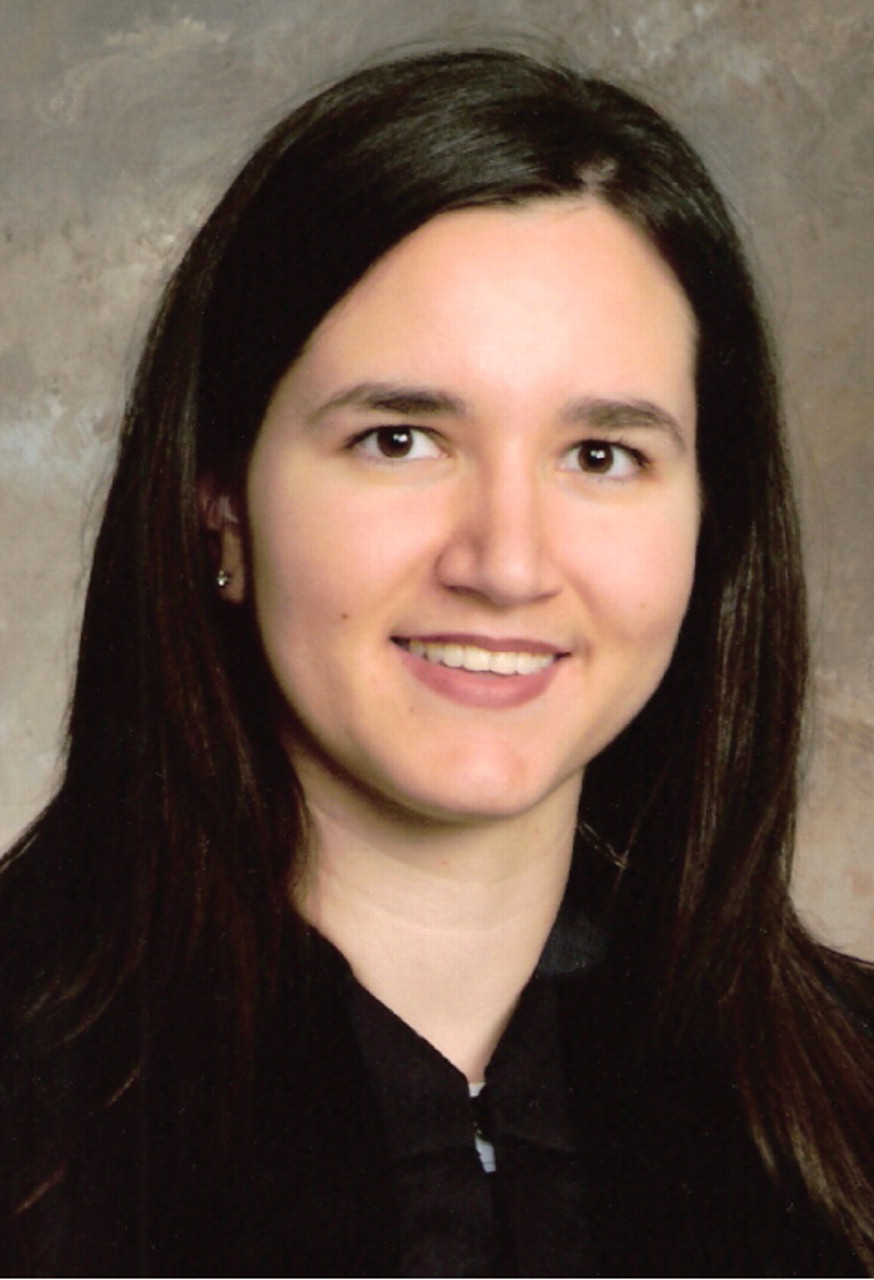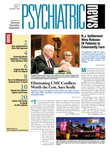Earlier this year I participated in APA's National Advocacy Day, and I learned much about my profession, my legislature, and how to communicate my profession's needs to my legislators. I arrived an intimidated resident and left transformed into an empowered constituent.
My experience at Advocacy Day inspired me to get my colleagues involved in advocacy at the state level. To do this, I knew I would have to anticipate potential roadblocks and see if I could devise workable detours around any obstacles that might limit residents' participation (such as leave and clinic obligations). So I decided to approach my program director about getting residents involved in advocacy. I told him about my experience on Capitol Hill and how all residents should know how to advocate for their profession. Now came the hard part. I asked if he would allow residents to participate in the Ohio Psychiatric Physicians Association's (OPPA) Advocacy Day and count it as a work day. He said yes, with the following conditions:
•
There would have to be a system of accountability (a sign-in sheet).
•
We would have to arrange coverage at our clinical sites and get permission from our attending physicians.
•
We would have to write about our experience and turn it in to him.
What follows are my experiences at OPPA's Advocacy Day.
Two colleagues and I met at 8 a.m., got into one of our vehicles, and began the drive to Columbus, where we would soon be rubbing elbows with our elected officials. There was an air of excitement in the car, less about what would happen later in the day and more about getting this hour and a half to sit and catch up with each other. We laughed and gossiped, and I became sentimental as the realization sank in that my fellow fourth-year residents would soon be leaving me behind to finish out my child fellowship.
We parked close to a Doubletree Hotel, and id-laden dreams of yummy cookies entered my consciousness (the Doubletree makes heavenly chocolate-chip pecan cookies). My colleagues and I made a plan (OK, I made the plan for them) to return to the Doubletree after our hard work with the politicians, in search of said cookies.
OPPA had arranged for a few members of Ohio's state legislature to address the participating advocates, and they thanked us for being there, emphasized the importance of what we were doing, and noted the impact we would have on legislative decision making. The OPPA staff also gave us a review of the Ohio legislative system and the many legislative proposals that were likely to have a direct impact on our lives, including scope-of-practice and insurance-parity issues. I was struck by the enormity of it all and by how empowered and important I felt.
We had faxed letters to our state representatives in advance and requested appointments on Advocacy Day. My two colleagues and I devised an action plan before we headed to our first scheduled meeting, which was with Rep. Jarrod Martin. He was held up in session, and so we met with his aide, who was profusely apologetic. Among other topics, we discussed the importance of mental health parity and ensuring that the intent of a bill on parity was translated into practice in its implementation. He listened to us intently and took notes, asking questions and thanking us for our visit.
We headed to our next meeting with Sen. Chris Widener, who met with us for some time. We discussed the importance of providing mental health care to military members and veterans. He asked us about our own military experiences with mental health care. We discussed the scope-of-practice issues, and he made it clear that he understood, noting that he is a licensed architect and such issues arise in his profession. He thanked us and then graciously posed for a picture.
We had done it! Our plan of action was successful! We headed back to the parking garage, feeling an enhanced sense of not only accomplishment, but camaraderie as well. I looked forward to the long drive home with my colleagues, but first, cookies!
Having seen the impact that meeting with legislators can have, I now believe that all residents should be required to participate in some form of advocacy before they graduate. I encourage all of you to broach the subject of resident advocacy with your program director and see if you can devise creative ways to get you and your colleagues involved. ▪

